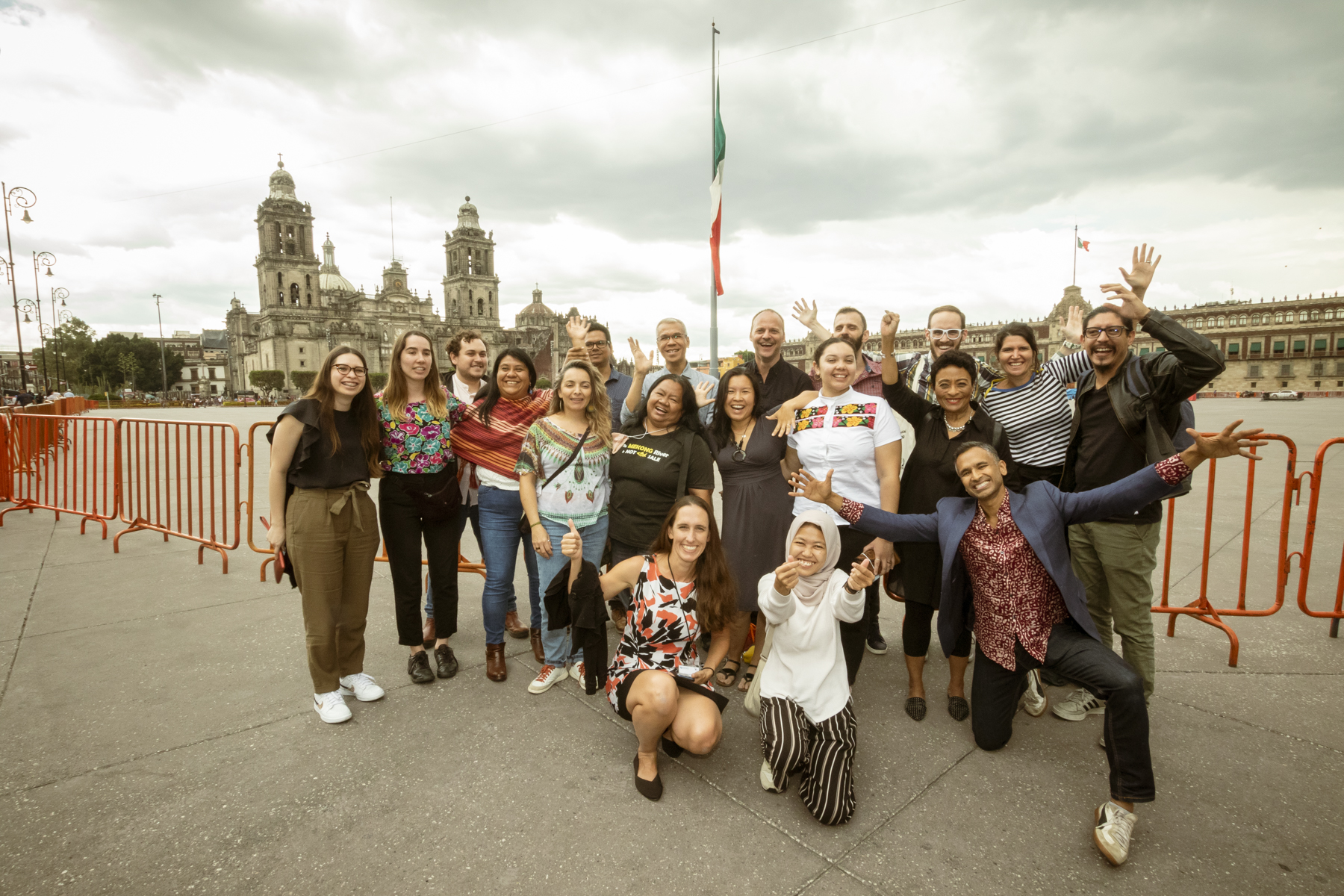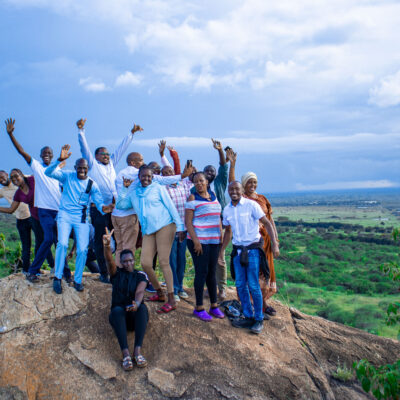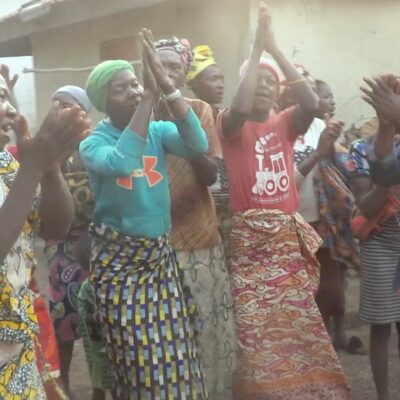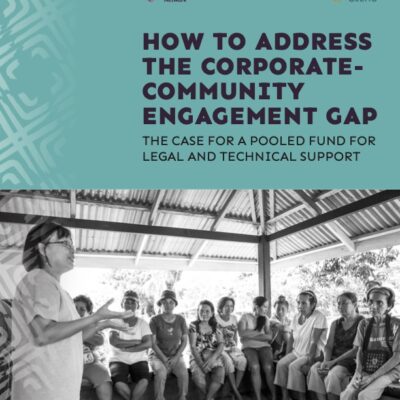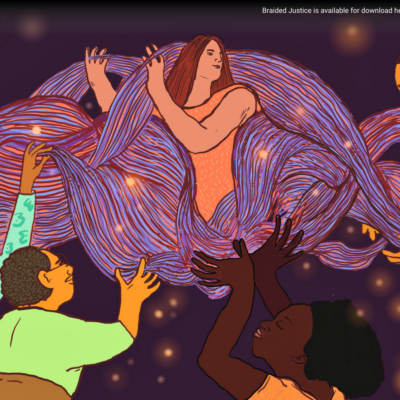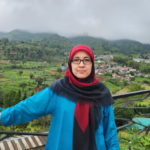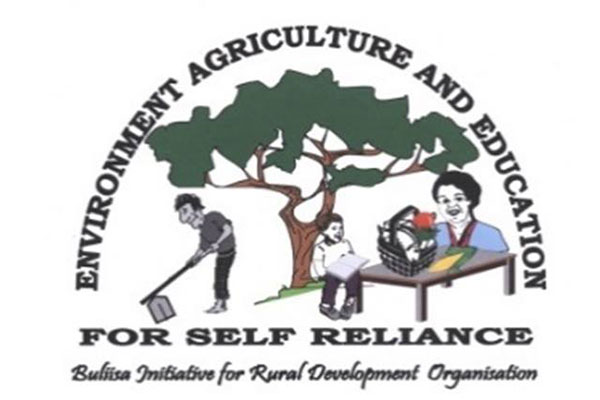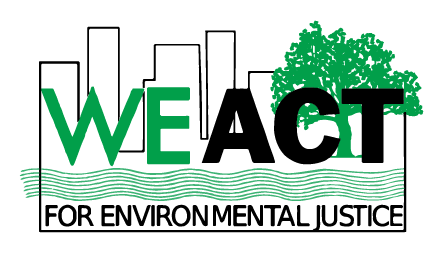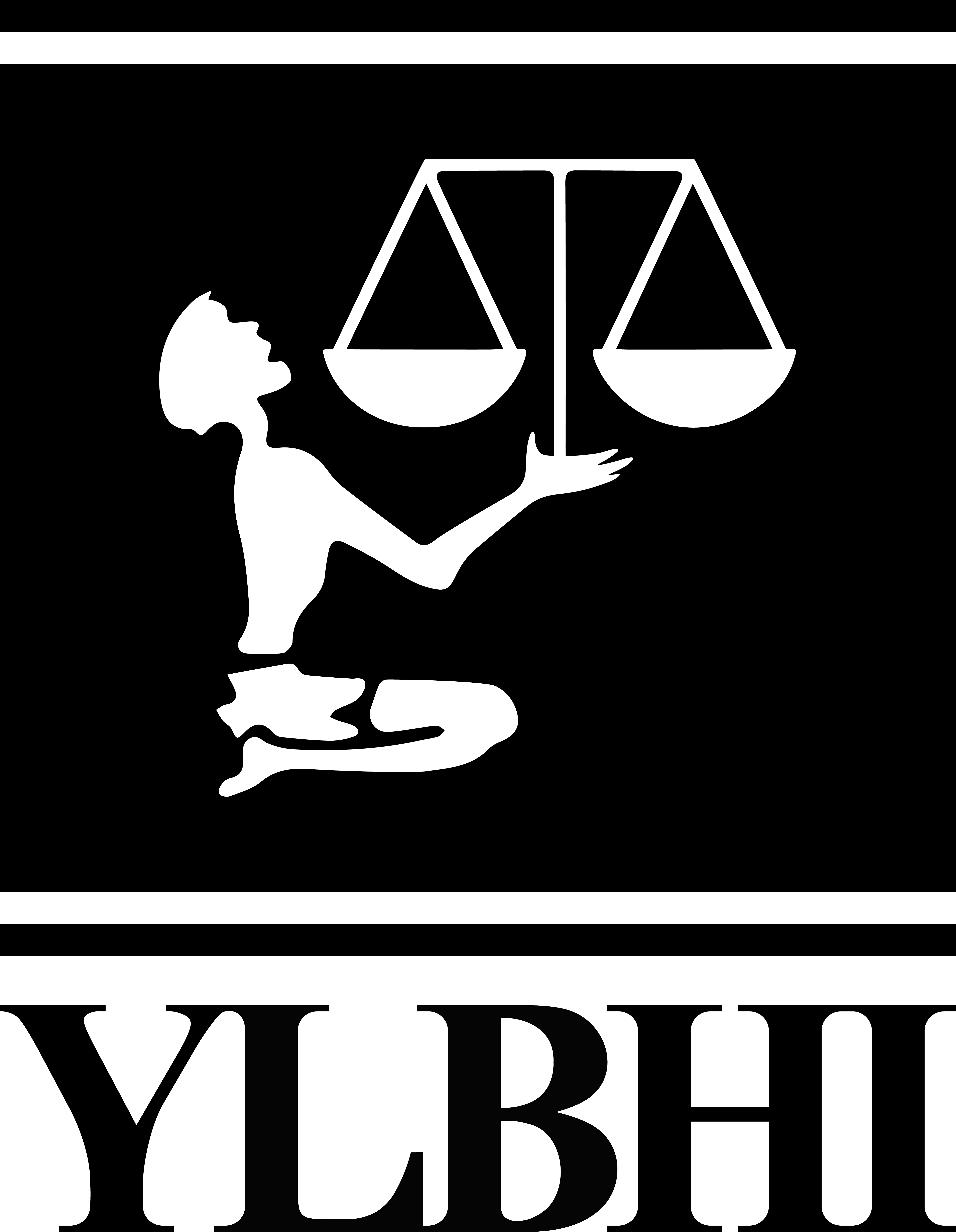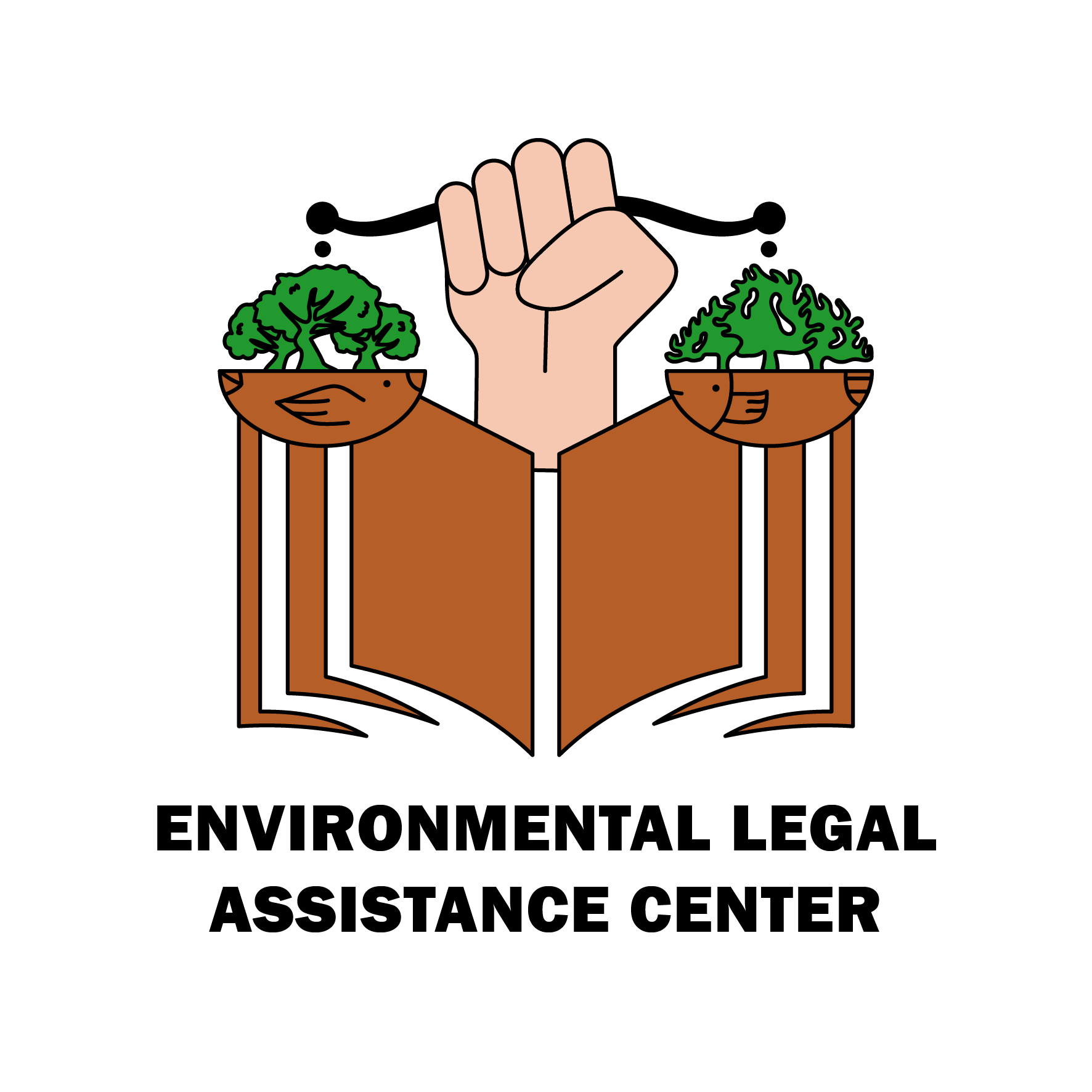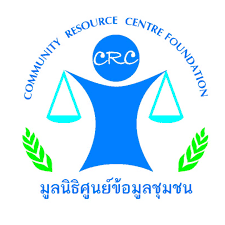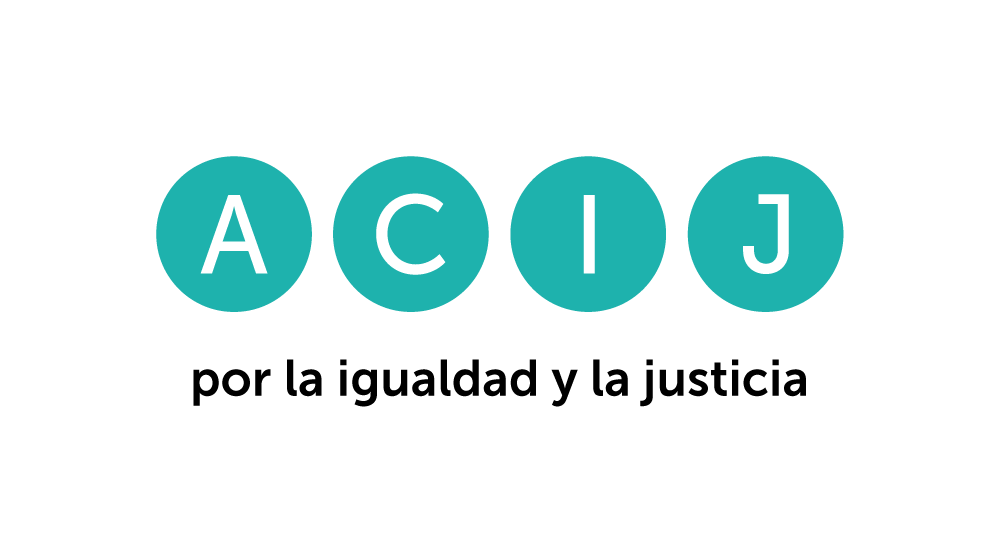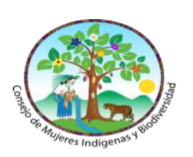What we’re fighting for
We are grassroots justice advocates who are fighting for communities, especially those who have been systemically harmed or marginalized, to have the power to govern their lands and neighborhoods, and the power to lead the transition to a sustainable economy.
We are walking with communities directly impacted by environmental and climate injustice to know, use, and shape the law, to address the harms they are experiencing and to build a better future. Through the Grassroots Justice Network, we are combining our efforts to create change together that we can’t accomplish alone.
By learning from each other, grassroots environmental justice groups can become more rigorous and effective. By coming together across our specific contexts and working as a united movement, we can change the systems that make environmental injustices persist.
Click here to see the movement vision (available in Français, Español, and English) put together by those leading the coordination of the network’s work on land and environmental justice.
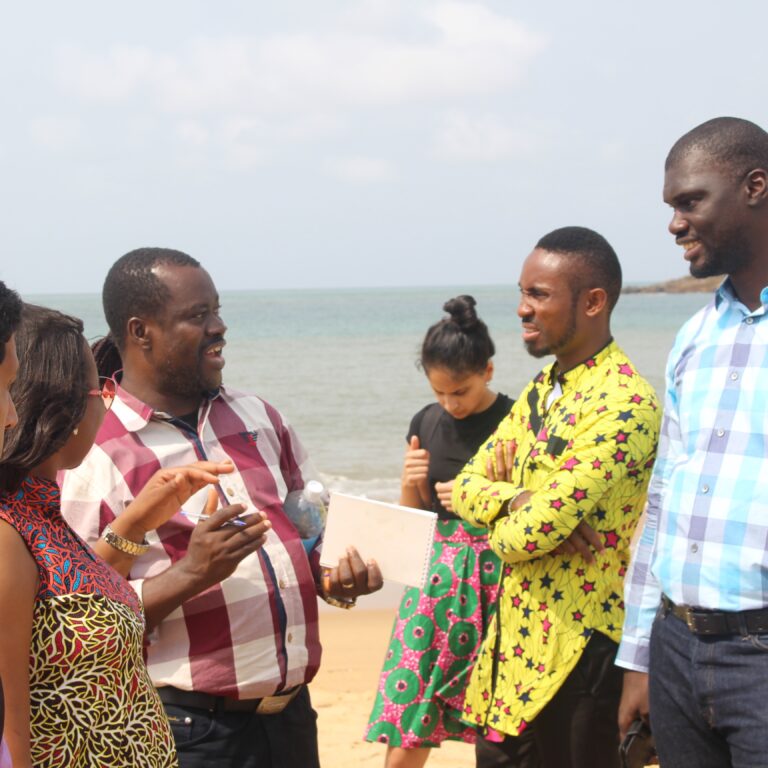
How you can be involved
Shared learning.
Our network members have seen big gains in their work through peer learning about how to build power within their communities to support land and environmental justice. If you are pursuing grassroots environmental justice, we would be honored to have you join us. Sign up to receive our newsletter to hear about upcoming virtual and in person learning exchanges and make sure you are up to date in the Environmental Justice category in our Community Forum.
Collective action.
We see common patterns of exploitation—and opportunity—across rich countries and poor, urban places and rural ones. We are coming together across our borders to fight for new, better norms of governance that can accelerate a just transition to a sustainable way of life. In particular, we have subgroups for corporate accountability, climate finance, and community engagement. You can sign up to become a member (forms available in Spanish, French, and English).
Solidarity.
We gain strength and energy by hearing stories of success and challenges from other network members. We also support one another when one of our network members is under threat. Follow us to hear network member stories and know how your support can help keep each other safer, or join our movement-wide calls happening every quarter.

